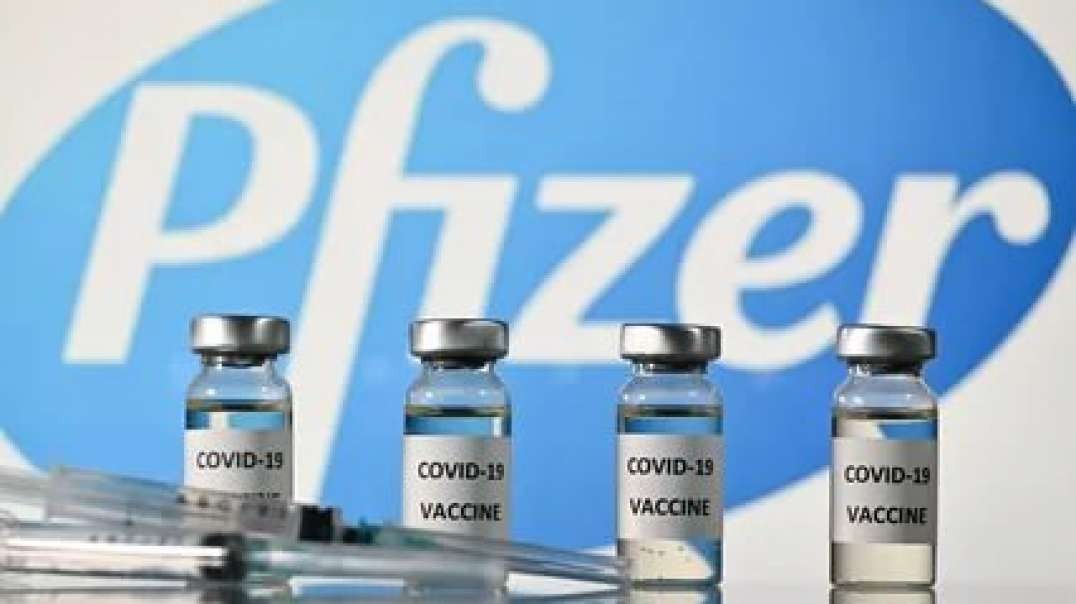
The risk of developing acute coronary syndrome (ACS) significantly increased in patients after receiving mRNA COVID-19 vaccines, according to a report presented at the American Heart Association (AHA) Scientific Sessions 2021, held from November 13 to 15, 2021.
The study included 566 men and women (1:1) aged 28-97 years, who were patients in a preventive cardiology practice. All patients received a new PULS Cardiac Test 2-10 weeks after their second COVID-19 vaccine. This test result was compared with a PULS score from 3-5 months prevaccination. The PULS Cardiac Test measures multiple protein biomarkers, including hepatocyte growth factor [HGF], soluble Fas, and IL-16, and uses the results to calculate a 5-year risk score for new ACS. The PULS score increases with above-normal elevation. All participants received this test every 3-6 months for 8 years.
From prevaccination to postvaccination, the levels of IL-16 increased from 35=/-20 to 82=/-75 above the norm. Soluble Fas showed an increase from 22±15 to 46=/-24 above the norm. HGF rose from 42±12 to 86±31 above the norm. As a result, the 5-year ACS PULS risk score increased from 11% to 25%. By the time the report was published, changes had persisted for 2.5 months or more after the second vaccine dose.
The study author concluded that “mRNA [vaccines] dramatically increase inflammation on the endothelium and T cell infiltration of cardiac muscle and may account for the observations of increased thrombosis, cardiomyopathy, and other vascular events following vaccination.”
Reference
Gundry SR. mRNA COVID vaccines dramatically increase endothelial inflammatory markers and ACS risk as measured by the PULS cardiac test: a warning. Presented at: AHA Scientific Sessions 2021; November 13-15, 2021. Poster VMP41.
https://www.ahajournals.org/doi/10.1161/circ.144.suppl_1.10712


